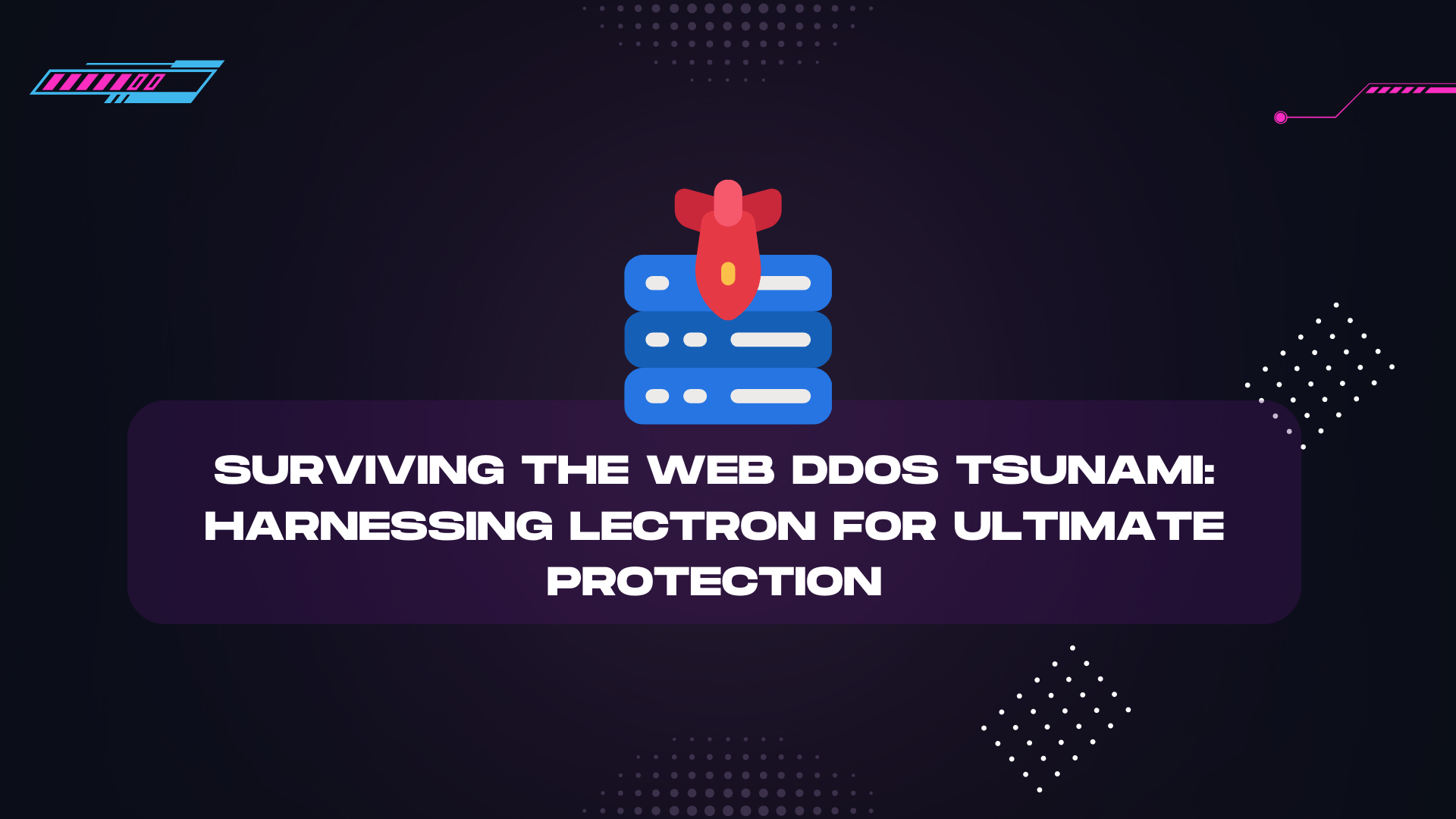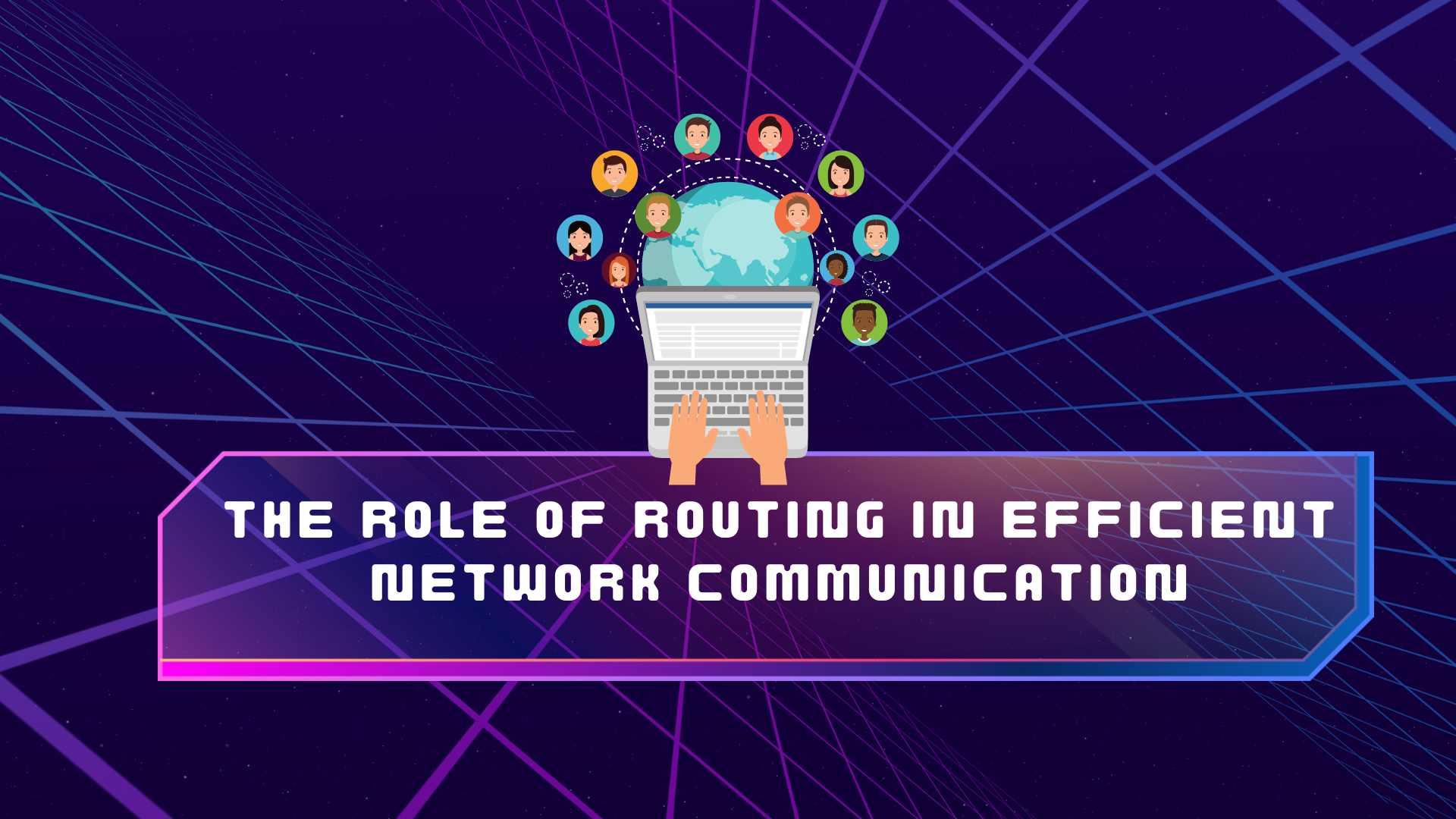DDoS (Distributed Denial of Service) attacks are a major threat to the stability and security of websites and networks. These attacks can cause significant downtime, slow website performance, and disrupt the normal functioning of a business. In today’s digital world, having proper DDoS protection is essential to ensure the continuity of online operations and to protect sensitive information.
A DDoS attack works by overwhelming a website or network with a large amount of traffic, making it difficult or impossible for users to access the site or network. The traffic can come from a large number of sources, hence the term “distributed”. The goal of the attack is to overload the target’s resources, rendering it unavailable to legitimate users.
DDoS attacks can have a significant financial impact on a business. In addition to lost sales and reputation damage, the cost of recovering from an attack can be high. It is therefore critical for organizations to take proactive measures to prevent DDoS attacks and to have the right protection in place to mitigate the impact if an attack occurs.
There are several ways to protect against DDoS attacks, including:
- Network and Infrastructure Hardening: This involves making the network and infrastructure more resilient to attacks by implementing security measures such as firewalls, intrusion detection systems, and load balancers.
- Content Delivery Networks (CDN): CDNs can help absorb the traffic generated by a DDoS attack and distribute it across multiple servers, reducing the impact on the target website or network.
- DDoS Mitigation Services: These services provide real-time protection against DDoS attacks, using techniques such as traffic filtering, rate limiting, and traffic redirection.
- Monitoring and Detection: Regular monitoring of network activity can help detect a DDoS attack early on and trigger an automatic response to mitigate the impact.
Additionally, it’s also important for businesses to educate their employees about the dangers of DDoS attacks and the measures they can take to protect against them. This can include measures such as avoiding clicking on suspicious links, not downloading attachments from unknown sources, and reporting any suspicious activity to the appropriate authorities.
In today’s interconnected world, having an effective DDoS protection strategy is no longer optional. With the increasing number of attacks and the growing sophistication of the attackers, organizations must take the necessary steps to protect their websites, networks, and customers. This can include working with a trusted security provider or adopting a multi-layer approach to protection that combines the different methods discussed above.
Another important aspect of DDoS protection is having a well-defined incident response plan in place. This plan should outline the steps to be taken in the event of an attack, including who to contact, what measures to take, and how to communicate with customers and stakeholders. Having a well-defined plan can help minimize the impact of an attack and ensure a quick and effective response.
Organizations should also consider investing in a DDoS protection solution that is scalable and flexible, allowing them to respond quickly to changing threats and changing business requirements. For example, some solutions offer real-time traffic monitoring, allowing organizations to quickly detect and respond to an attack. Others offer cloud-based protection, providing businesses with the flexibility to adjust their level of protection as needed, without having to invest in new hardware or infrastructure.
Finally, it’s important for businesses to stay informed about the latest DDoS attack trends and techniques, as well as the best practices for prevention and mitigation. Staying informed and educated can help organizations stay ahead of the curve and be better prepared for the next attack.
DDoS protection is an essential aspect of online security and business continuity. Organizations must take the necessary steps to protect their websites, networks, and customers, and be prepared to respond quickly and effectively in the event of an attack. By investing in the right solutions and staying informed, businesses can minimize the risk of downtime, lost sales, and damage to their reputation, ensuring the stability and security of their online operations.



